Get to know one of the most common issues in industrial boiler systems: mud scale, also frequently called wood-like scale. This differs from typical limestone scale as it cannot be removed by acid cleaning. Mud scale forms from dust and contaminants adhering to hot metal surfaces, creating a hard layer with low thermal conductivity. This reduces heat transfer efficiency, risks damage to the boiler, and may lead to dangerous incidents like leaks or explosions.
But don't worry—this article presents comprehensive prevention and remediation methods. You’ll learn how to correctly backwash sand filters, check sand quality, and schedule proper inspections. These steps help maintain boiler efficiency, optimize fuel use, and extend equipment lifespan.
Turbidity or Water Contamination
Turbid or contaminated feedwater leads to mud scale—which cannot be removed using acid circulation—because it isn’t simple limestone scale formed by hardness, thus doesn’t react with acid. (However, if hard water bypasses the softener, limestone components may also mix in.) Mud scale develops from fine particles and impurities in the water adhering to hot steel surfaces (e.g., on small or large fire tubes). Over time, this layer thickens.
Even thin scale deposits—especially in pipe boilers—can significantly elevate the metal temperature, potentially warping, cracking, or rupturing the boiler structure due to internal pressure, posing explosion risks.
All scale types act as insulators, reducing heat transfer through the steel. This leads to fuel inefficiency and increased operational costs during steam production.

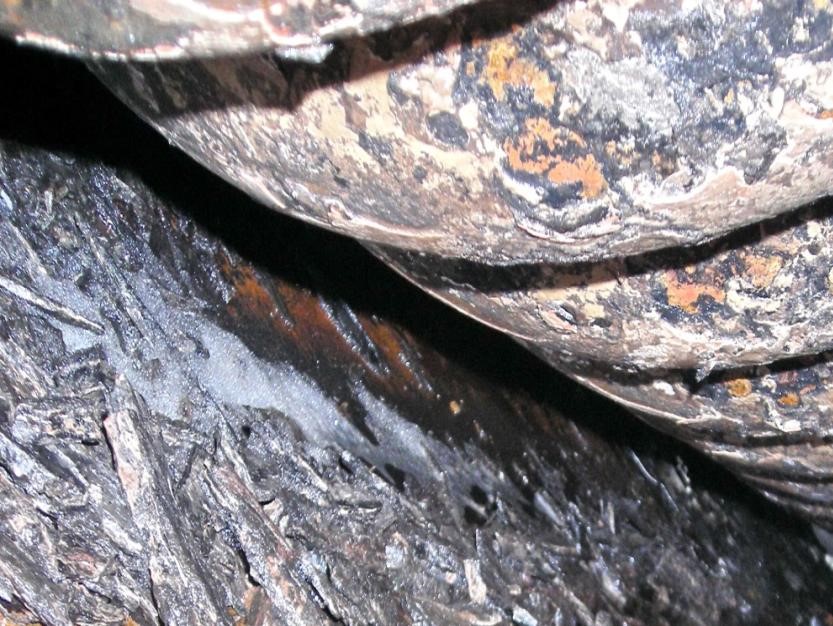
Images showing mud or wood-like scale (with limestone components) detached after two rounds of acid cleaning. (If limestone is absent, acid cleaning won’t remove it.)
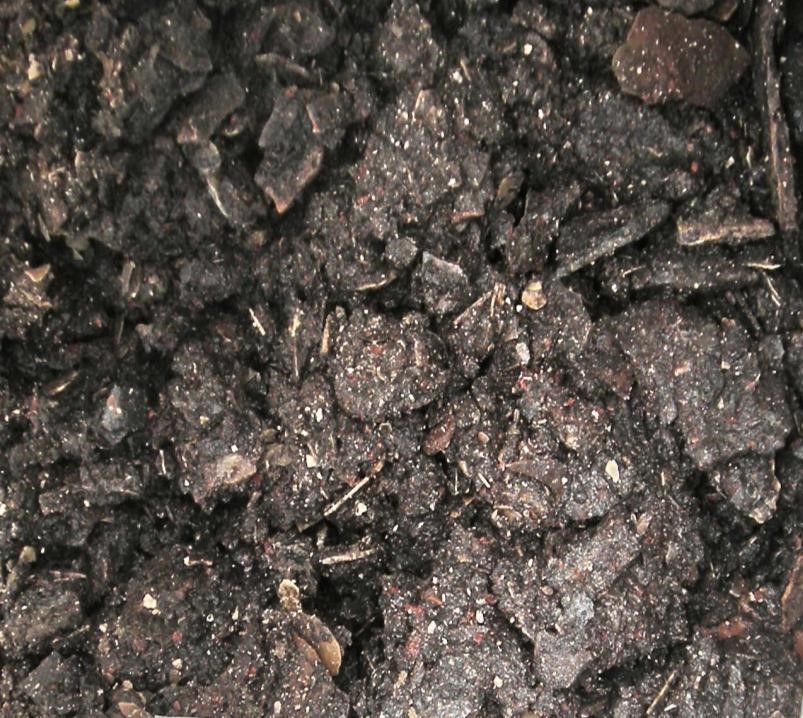
Image of mud or wood-like scale containing limestone, formed from turbid feedwater.
Prevention and Remediation
Mud or wood-like scale can be prevented through:
2.1 Performing correct backwashing of the sand filter:
2.1.1 Backwash before water quality becomes poor (per turbidity standards)
2.1.2 Use sufficiently high water flow for effective backwashing
2.1.3 Ensure adequate backwash duration
2.1.4 Check water clarity after backwashing is complete
2.2 Inspect the sand filter media every 6 months. If impurities exceed 5%, fully replace it with clean sand. Consider shortening this interval to every 4 months—or sooner—if contamination persists.
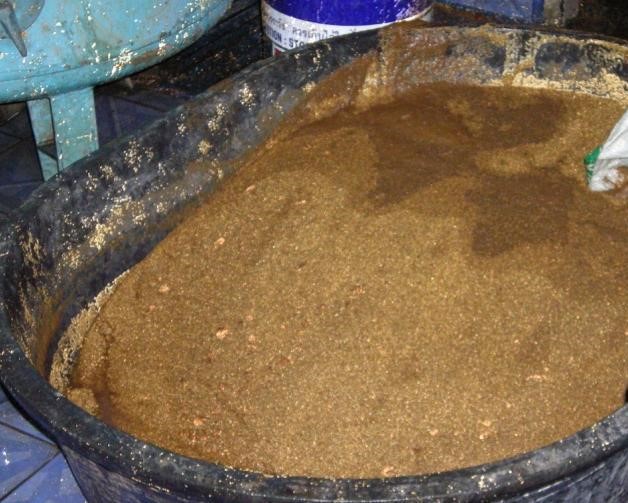
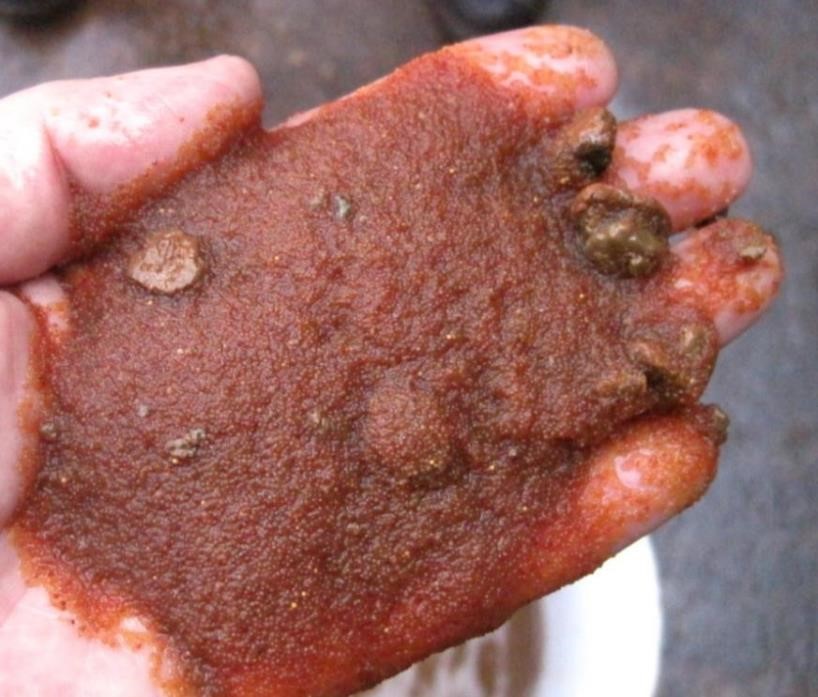
Images showing resin contaminated by impurities passing through the sand filter into the softened water tank (some forming clumps).
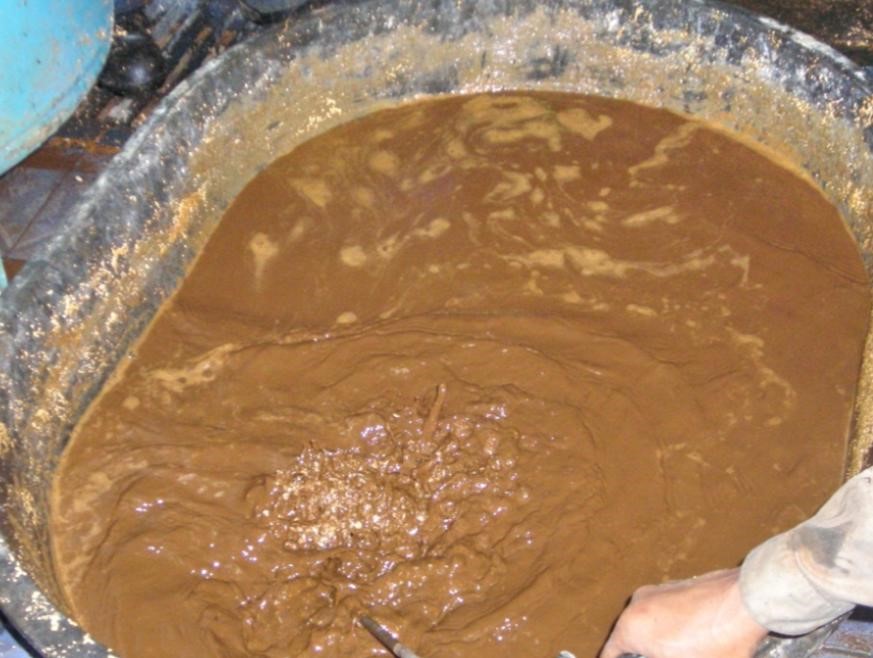
Image of dirty resin being stirred for cleaning.
Maintaining industrial boiler systems is essential. High-efficiency operation and longevity depend on proper care. At Boonyium & Associates Co., Ltd., we lead in boiler industry expertise. Trusted by businesses of all sizes, we offer complete pre- and post-sales support—ranging from heating systems, boilers, steam generators, to burners, with end-to-end service coverage.



 English
English Thailand
Thailand





